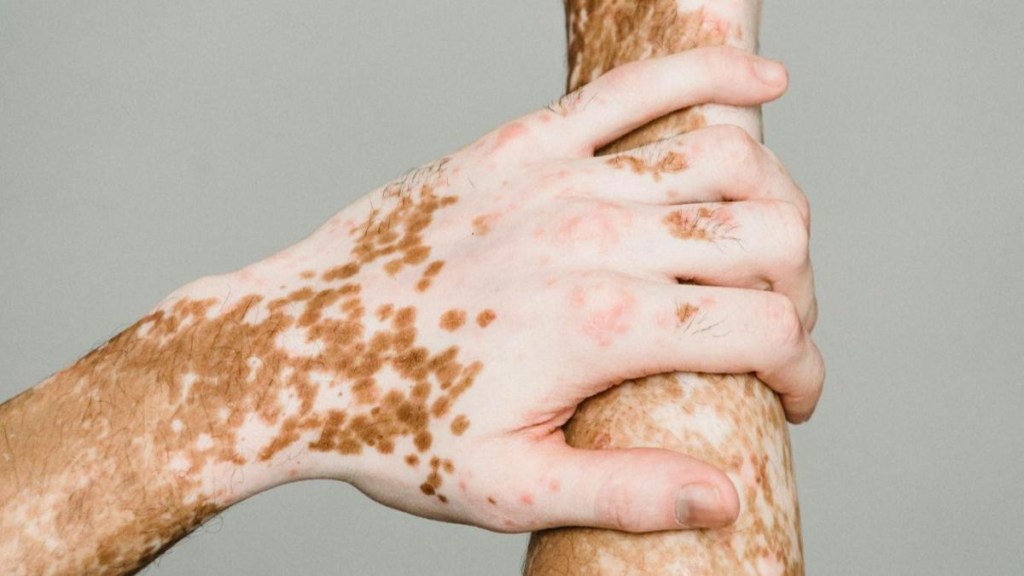At the beginning of 2024, a study, published in the journal Cell, found the answer to a question that medical practitioners had been debating about for several decades.
Published on February 1, the paper, titled Xist Ribonucleoproteins Promote Female Sex-Biased Autoimmunity, revealed that the presence of the second X chromosome in female bodies increases their risk of getting autoimmune diseases.
Essentially what the study noted was that since XX chromosomes make up the DNA in female bodies, the extra X chromosome produced a unique RNA called Xist, which clumps together with an “odd combinations of proteins”, which then increase the susceptibility of autoimmune disorders in their bodies.
This is what numbers show too. In 2008, a study published in The American Journal of Pathology had said, “Autoimmune diseases affect approximately 8% of the population, 78% of whom are women.” In 2010, another study published in the Journal of Autoimmunity had found that 5-10% of the industrial world population suffered from autoimmune disorders.
In 2024, this number rose substantially. A paper published in the International Journal of Clinical Biochemistry and Research last year revealed that post the Covid-19 pandemic, there was a 30% increase in autoimmune disorders in the Indian population. In a similar study last year, The Lancet had noted that 1 in 10 individuals in the UK now suffer from autoimmune diseases.
All of these studies have mentioned time and time again that women have disproportionately been at the suffering end of these disorders.
Dr Nikhil Gupta, consultant of rheumatology at Fortis Hospital in Shalimar Bagh, explains, “The X chromosome contains several genes that regulate immune responses, making women’s immune systems more robust. However, this heightened immune activity also increases the risk of the immune system attacking the body’s own tissues.”
This is what puts women at an increased risk of diseases like lupus, rheumatoid arthritis, Sjogren’s syndrome, multiple sclerosis, Hashimoto’s thyroiditis, etc.
Dr Manisha Arora, director of internal medicine at Delhi’s CK Birla Hospital(R), adds, “Women are nine times more prone than men to get systemic lupus erythematosus or SLE. They are also four times more prone to get rheumatoid arthritis and four to 10 times more likely to get Hashimoto’s thyroiditis.”
Not just genetics
However, it’s not just genetics that leads to autoimmune diseases. Dr Arora says that there are other causal factors too, for instance, sedentary lifestyle, hormonal imbalance, poor nutrition, increased exposure to toxins, and chronic stress.
To this, Dr Gupta adds, “Hormones like oestrogen play a role in boosting immune activity, which further contributes to the higher prevalence of autoimmune diseases in women.”
“What really happens is that the body’s own organs start producing antibodies against other parts of the body. We develop the wrong kind of immunity against our own body parts,” explains Dr Arora.
These can then manifest as symptoms like fatigue, joint pain, unexplained fevers, and even go on to affect important organs like the heart, brain, kidneys, etc.
What to (or not to) do
Since we know that women are more at the risk of being at the suffering end of autoimmune diseases, is there something we can do to prevent them?
Dr Gupta says, “Preventing autoimmune diseases entirely may not be possible, but certain lifestyle modifications can reduce the risk.” This would mean taking care of their immediate environment and lifestyle. He adds:
- Maintain a healthy lifestyle and eat a balanced diet that is rich in anti-inflammatory foods.
- Limit your exposure to processed foods and to foods that might be adulterated with pesticides, chemicals, and heavy metals by opting for organic foods.
- Manage stress by engaging in mindful activities and exercises to help regulate your immune function.
- Avoid smoking and limit your exposure to environmental toxins.
- Have a healthy sleep cycle.
However, Dr Arora adds, “Even after all this, you can’t be sure that you won’t be at the risk of an autoimmune disease.”
Managing them better
The thing with autoimmune diseases is also that while they can’t be cured, you can modify your life and lifestyle to manage them better. Dr Gupta explains, “Treatment focuses on controlling symptoms and preventing disease progression, preventing complications like joint damage and hence preventing joint replacements.”
So the way to essentially go about managing autoimmune diseases is taking steroids or immunosuppressants and relying on physical therapy and exercise. Says Dr Gupta, “This often involves medications that suppress the immune system, such as biologicals, disease-modifying agents, immunosuppressants, or those that target specific pathways in the immune response. Physical therapy, dietary adjustments, and psychological support can also play important roles in treatment.”
He adds, “Regular treatment can slow the disease progression along with preventing complications. Awareness and early detection are crucial to effective management. While living with an autoimmune disease can be challenging, advancements in treatments and personalised care have significantly improved outcomes and quality of life for patients.”
Men are more prone to…
- Type-1 diabetes
- Guillain-Barré syndrome, a rare neurological disease
- Ankylosing spondylitis
- Some types of vasculitis
- Psoriasis
Women are more prone to…
- Lupus
- Rheumatoid arthritis
- Sjogren’s syndrome
- Multiple sclerosis
- Hashimoto’s thyroiditis
